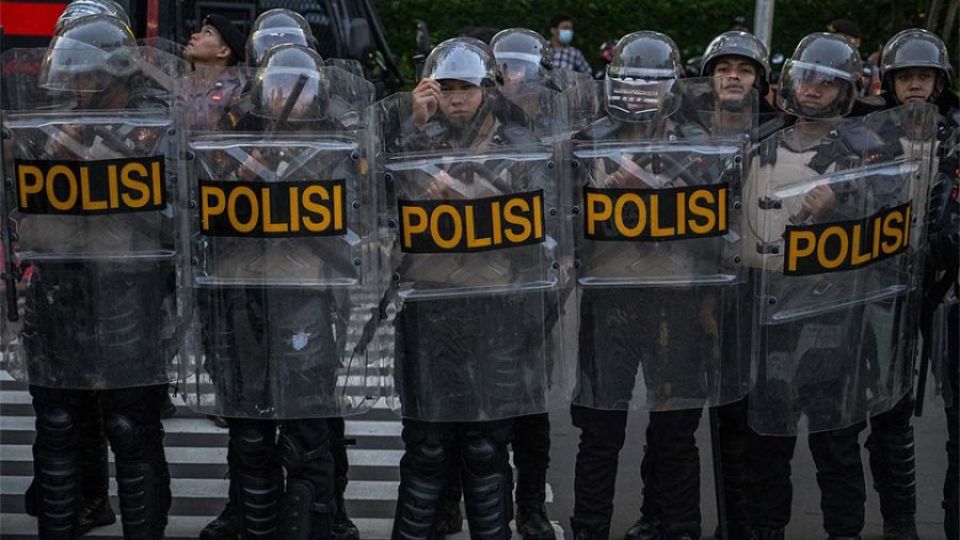January 2, 2025
JAKARTA – All things considered, 2024 turned out to be a good year for Indonesia.
Talk of possible vote-rigging, election meddling and electioneering in the lead-up to the February presidential and legislative elections raised the stakes and sparked real fears that things could go sideways after the votes were tallied.
But beyond heated discussions and the trading of accusations at the Constitutional Court, no election-related disturbances took place.
There were, of course, questions about the quality of Indonesian democracy, especially with the outcome of the presidential election heavily influenced by a large-scale deployment of resources from the incumbent government.
But the fact that the winners and losers agreed to settle their dispute regarding the election results could be a good indication of maturity in our democracy.
Another test that the country passed successfully were the nationwide regional elections in October, with the contest in Jakarta resulting in victory for an opposition candidate.
The regional election took place as the new administration of President Prabowo Subianto commenced following the former defense minister’s inauguration on Oct. 20, with big promises of delivering 8 percent economic growth, implementing the widely ballyhooed free meals program and continuing some of former president Joko “Jokowi” Widodo’s signature policies, including industrial downstreaming.
President Prabowo also sought to inspire confidence at home and abroad by embarking on an international tour soon after being sworn in, traveling first to Beijing before dropping by Washington, DC.
On the same tour, Prabowo attended a number of multilateral summits, rubbing shoulders with heavyweights such as Russian President Vladimir Putin, Brazil’s Lula da Silva and Turkish President Recep Tayyip Erdogan.
After the honeymoon period of a little over two months, however, the harsh reality of both international and domestic politics became apparent.
The election of Donald Trump for a second term in the White House, especially on the back of his promise to increase tariffs on China, could be a big headache for Indonesia, as a trade war between the United States and the Asian giant could complicate Prabowo’s efforts to achieve 8 percent economic growth in 2025.
Domestically, the plan to implement the 12 percent value-added tax (VAT) could also create headwinds for the government by hurting consumers’ purchasing power.
Some analysts have estimated that the cost of implementing the VAT could significantly hinder economic growth in 2025.
On the political front, the post-election calm appears to have abated quickly enough.
On Christmas Eve, the Corruption Eradication Commission (KPK) named Indonesian Democratic Party of Struggle (PDI-P) secretary general Hasto Kristiyanto a suspect in a bribery case, a decision widely seen as a politically motivated move backed by former president Joko “Jokowi” Widodo.
Many believe that the current KPK leadership, which was vetted and inaugurated in the waning days of Jokowi’s administration, is doing the former president’s bidding as he seeks to settle the score with his former party.
President Jokowi, his son Vice President Gibran Rakabuming Raka and son-in-law Bobby Nasution were all expelled from the PDI-P only days before Hasto was named a suspect in the bribery case.
Given these developments, political tensions will likely only increase in the first few months of 2025, as the tit-for-tat between the PDI-P and Jokowi seems set to continue.
A well-intentioned truce between Jokowi and the PDI-P is our best hope for a stable political situation in 2025, but there’s only a small chance of that happening.
Despite the fresh concerns, we can all be optimistic for 2025. At least the worst is over.
Happy new year!


